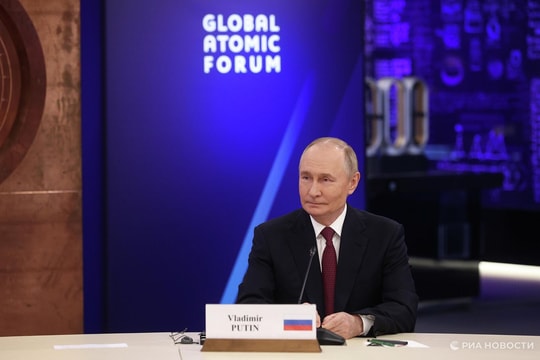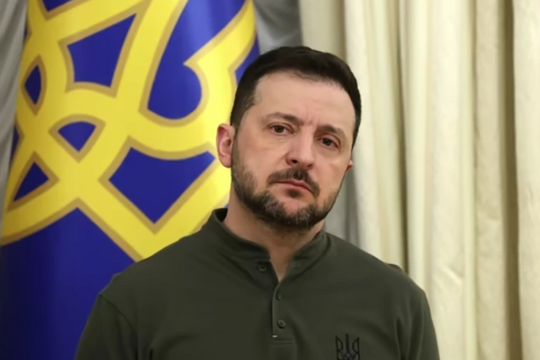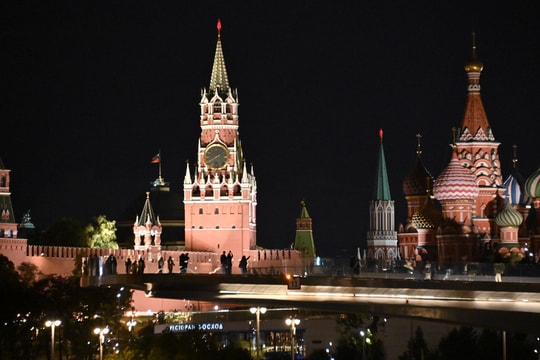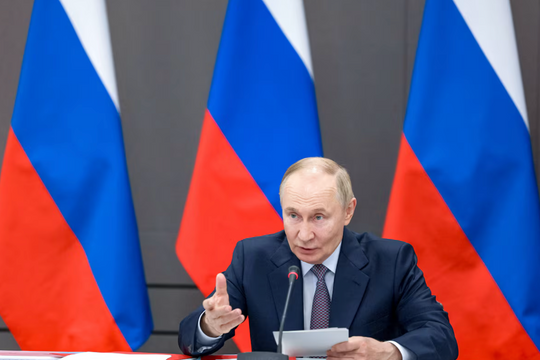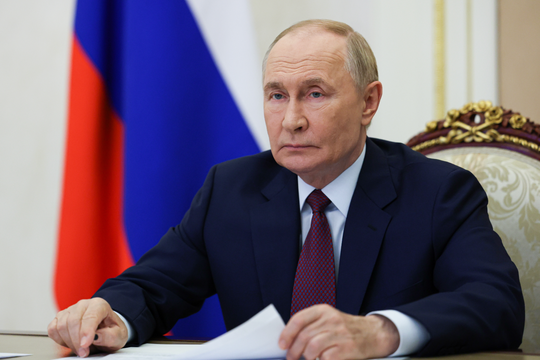Russia is rolling out independent internet infrastructure for the BRICS bloc.
The Russian government is considering deploying a separate “independent internet infrastructure” for BRICS member countries including Brazil, Russia, India, China and South Africa.
According to RT (Russia), the Russian National Security Council has asked the government to develop an independent Internet infrastructure for the BRICS bloc. This system will continue to operate in case the global Internet network has problems.
The initiative was discussed at a meeting of the Russian Security Council in October this year. Russian President Vladimir Putin himself set a deadline for completing the task of August 1, 2018.
While discussing this initiative, members of the Security Council said: "The strengthening of Western countries' capabilities to conduct offensive operations in the information sphere, as well as their increased readiness to implement these capabilities, is revealing a serious threat to Russia's security."
Accordingly, the Russian National Security Council believes that this risk can be resolved by creating an independent backup system of the Domain Name Server (DNS) system, and this system, called "parallel Internet", will be used by BRICS member countries.
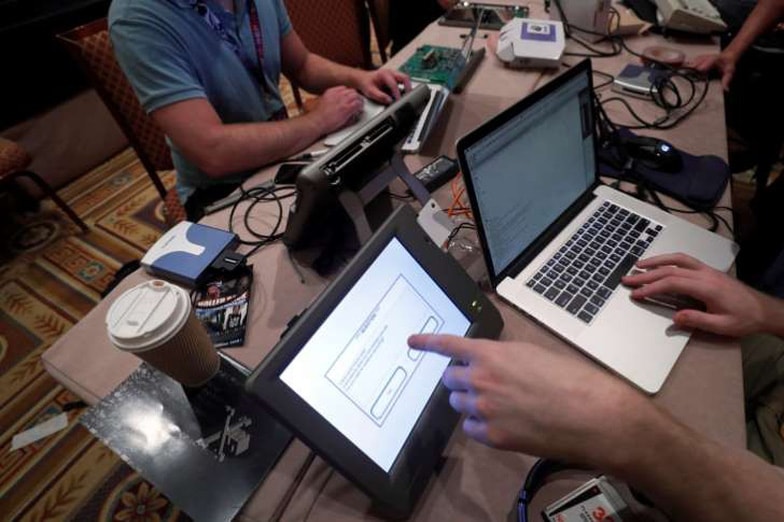 |
| Photo: Reuters |
Discussing this issue, the technology website Bleeping Computer said that for a long time, the governments of Russia, China and many other countries have criticized the US for seizing control of the main DNS system of the global Internet, a move that they said would help the US block or interfere with world Internet traffic.
Last year, the US handed over control of the DNS system to ICANN, an independent non-governmental organization. While Russia and China welcomed the decision, they still want the DNS system to be controlled by the UN's International Telecommunication Union, not an NGO like ICANN.
Controlling DNS means controlling the Internet
With a backup DNS system, any BRICS member could disconnect the main DNS system and switch to their own system in times of crisis.
However, according to Bleeping Computer, this also means that BRICS member countries can restrict access to any website if they want in case that country activates the use of its own DNS system.
PRI quoted Mitch Stoltz of the Electronic Frontier Foundation as saying that with an independent DNS system, in addition to preventing users from accessing unwanted government websites, parties using their own DNS system could also conduct cyber attacks against the global DNS system without risk to themselves and without being easily detected.
But it's a huge undertaking, Stoltz said: "Every computer, phone and internet-connected device in the world will have to be reconfigured to work with these private DNS servers."
Accordingly, Mr. Stoltz said that to have a truly independent Internet network, the Russian government will have to "reconfigure every Internet-connected device inside Russia to be able to interact with that system."
According to TTO
| RELATED NEWS |
|---|

